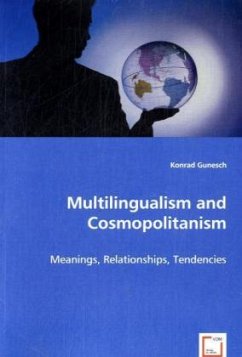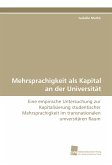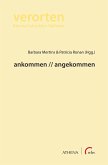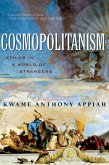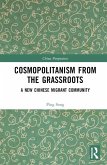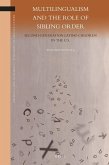Languages are supposed to make a person world-minded. For many reasons, our globalising world values language knowledge. Yet scientifically, language knowledge has not yet been linked to global identity. This book, therefore, explores the link between multilingualism and cosmopolitanism. Conceptually, it defines cosmopolitanism via a synthesised literature matrix of several issues and aspects of what constitutes a cosmopolitan person, or cosmopolitan individual cultural identity. It then defines individual multilingualism, establishing minimum quantitative and qualitative criteria. Empirically, the book links multilingualism and cosmopolitanism by showing how a group of multilingual international students revealed themselves, in in-depth interviews, in terms of cosmopolitan cultural identity. Here, three original cosmopolitan ideal types were established. This work should help shed some light on the relationship between language knowledge and global identity, and should be especially useful, whether as insight, inspiration, or agenda for personal development, for the language professional, teacher, and student, as well as for the engaging and open-minded traveller in today's world.
Bitte wählen Sie Ihr Anliegen aus.
Rechnungen
Retourenschein anfordern
Bestellstatus
Storno

